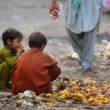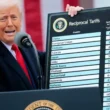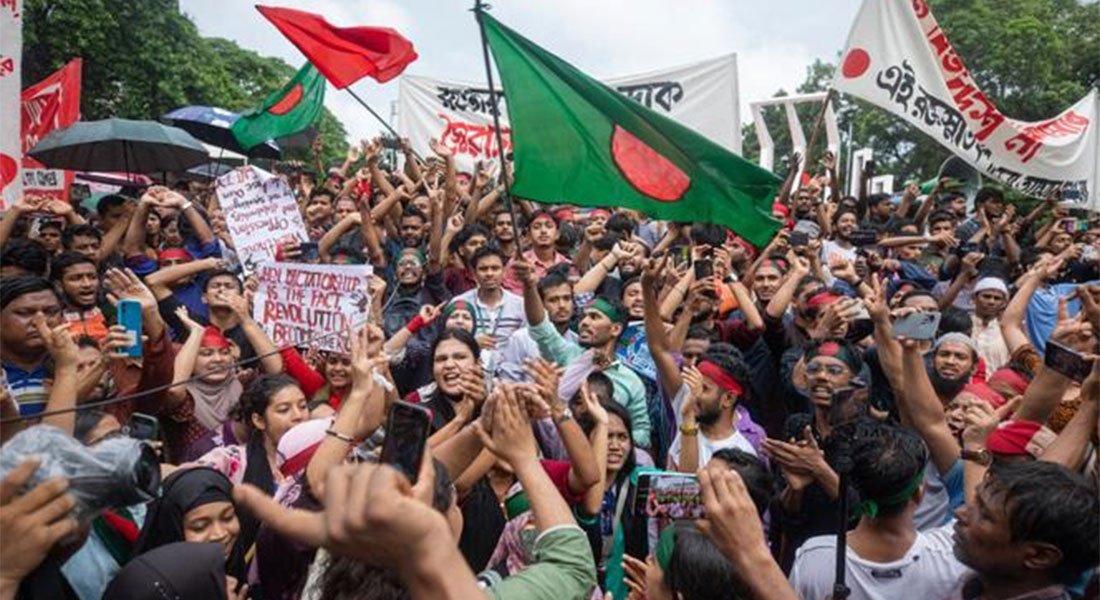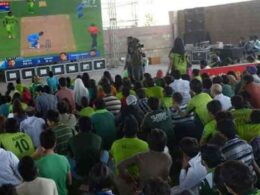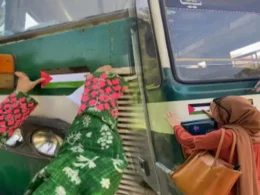Awami League, the ruling party of Bangladesh for past fifteen years, led by former Prime Minister Sheikh Hasina (resigned on August 05, 2024), have been in conflict with BNP Jamaat (Bangladesh National Party-Opposition) for past several years. Awami League claims that BNP Jamaat is pro-Pakistani, non-secular and Islamist and can damage Bangladesh’s prosperity and secularism if comes into power. During the uprising in Bangladesh, Awami League utilized social media (Facebook) to push forward this narrative, once it fail to control the on-ground situation but garnered negative sentiments. Later, aggression and attacks on Awami League officials/supporters by student protesters initiated a wave of misinformation and disinformation about the violence against minorities in Bangladesh.
How it all started:
The protest against the quota system, which reserved 56% of government seats for various groups, including 30% for the families of freedom fighters from the 1971 war, marked the beginning of it all. Due to pressure from student groups, Hasina Sheikh abolished the quota system in 2018. This new wave of movement began in July 2024 when the High Court declared the move to abolish the quota system illegal.
University students and professors initiated protests against the high court’s decision in July 2024. At first, the protest was peaceful, but Sheikh Hasina’s speech caused significant uproar among the protesters. To maintain control, the government of Hasina Sheikh deployed police and the army, who attacked the protesters with tear gas and live bullets. Following the attacks on student leaders and protesters, a massive uprising ensued, culminating in the declaration of a total non-cooperation movement that demanded Sheikh Hasina’s resignation.
The uprising was so massive that Sheikh Hasina was forced to resign, leave Bangladesh immediately, and depart for India.
Sheikh Hasina’s resignation and anti-Pakistan statement by Awami League and India:
Sheikh Hasina and India asserted during the student protest and her resignation that Pakistan is responsible for her downfall, with the student bodies and BNP Jamaat receiving support from Pakistan’s establishment. India vigorously promoted this narrative through its media and major publications, with renowned anchorpersons and journalists actively promoting it.
Pakistan has denied any association with the uprising and has put forward its stance that it has nothing to do with the uprising and the internal politics of Bangladesh.
Social media (Facebook) floods with support for Sheikh Hasina on 4th and 5th August, 2024:
When the situation went out of control, Awami League supporters and son of Sheikh Hasina Sajeeb Wazed took support of Social Media. Political pages of Awami League, support and fan pages of Sheikh Hasina and individual supporters posted hashtags such as #Standwithsheikhhasina and #Bangladeshunderattack. Although, social media was utilized efficiently to propagate Awami League’s narrative it garnered negative sentiments.
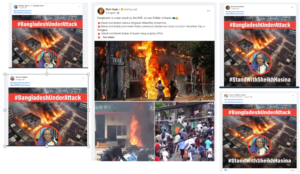
In addition to this, the student movement, sparked by the quota system, was depicted as a religious rebellion and conflict. Sheikh Hasina’s son shared a post on Facebook that went viral, using the term “militant” to refer to the BNP Jamaat, which sparked animosity among her supporters.
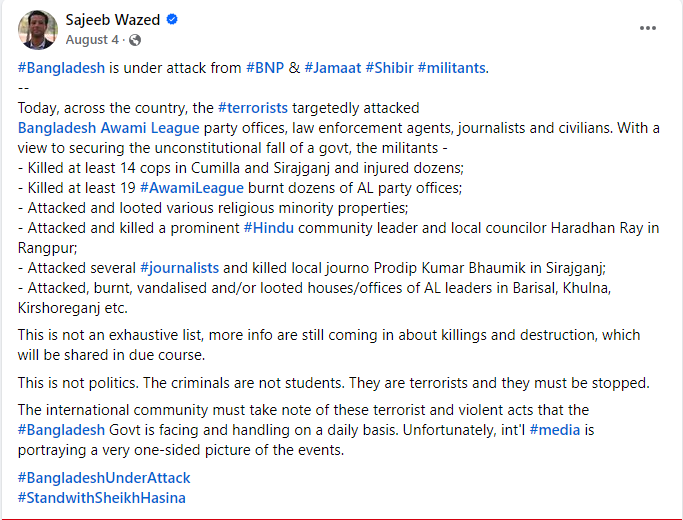
Already, the situation in Bangladesh was unstable, and posting images and content to exacerbate religious tensions undoubtedly sparked a wave of misinformation and disinformation. This was evident when social media accounts in Bangladesh and India began sharing fake news about the violence and abuse against Hindus in the country.
Student movement was transformed into a communal dispute post Sheikh Hasina’s ouster:
Aggression against Sheikh Hasina and Awami League was so massive that the supporters and officials of Awami League faced retaliatory attacks from the protesters. The fact that minorities faced attacks cannot be negated, Bangladesh Hindu Buddhist Christian Unity Council, reported at least 200 attacks against Hindus and other religious minorities across 52 districts.
Although there have been attacks but experts have associated it with retaliation against the supporters of the Awami League and not a communal dispute. According to senior consultant on Bangladesh and Myanmar at the Crisis Group, Thomas Kean, “There may be an element of minorities, particularly Hindus, being targeted due to their faith. But many Hindus had links to the Awami League, because historically it has been the party that protected minorities, so they may have been targeted for their political affiliations,”
During the period of turmoil, #SaveBangladeshiHindus and #AlleyesonBangladeshiHindus created a stir on social media by using fake news to emotionally stir individuals, a move that could potentially lead to serious consequences. Numerous fabricated videos depict the destruction of cricketer Liton Das’s residence, a Hindu temple on fire, and the attempt of Bangladeshi Hindus to escape to India. All the videos shared were later proven to be fake.
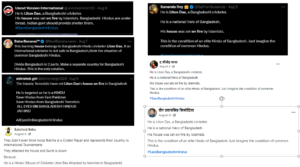
It was observed that social media accounts from India and supporters of Sheikh Hasina participated in the activity, portraying a melancholic image of Bangladesh following Sheikh Hasina’s resignation. Sheikh Hasina enjoys good relations with India, which is why her supporters aim to portray her as Bangladesh’s only hope.
The interference by India in shaping the narrative about Bangladesh and its movement has not been well received by Bangladeshis, and their social media accounts have also posted negative sentiments about India and have engaged in propagation of misinformation and disinformation.
What is the current situation?
Dr.Yunus has founded the interim government along with the student protesters and is working for the stability in Bangladesh. The political and religious divide is deep-seated and therefore needs to be addressed, supporters of Awami League have not accepted BNP Jamaat and Dr.Yunus yet, Awami League political pages continue to promote their narrative through social media platforms. It is very necessary to tackle political and religious divide strategically for the prosperity of Bangladesh.


